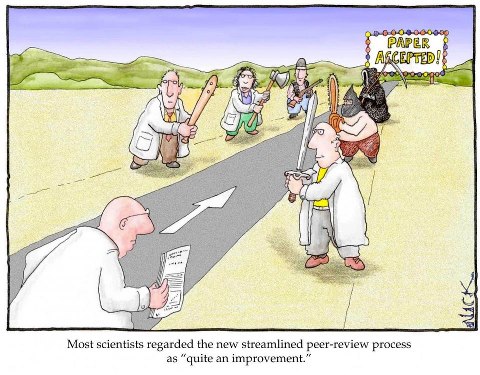Why I argue the way I do
by Glenn Murray
The reasons I argue the positions I do |

|
Where I came from
In my teenage years, it became apparent I believed some things which had zero quality evidence supporting the position. It got me to questioning belief, faith, and what we use as the basis for what we accept as truth and fact.
Much of my education was in the sciences, an area I love. There may be a lot of belief, intuition, and inspiration that drives scientific endeavors, but when the rubber meets the road it requires a stringent set of criteria for judging any scientific claim.
To excel to the top of a field, a scientist must maka a name for themselves. Coming up with something completely new or disproving a long standing, accepted scientific idea, they will become famous and move to the top of their field. To keep their own claims from being disproven requires they are careful, ensuring conclusions arrived at and evidence relied on are on solid ground. These are some of the motivations which drive scientists. They create a climate where all claims can and should be challenged and the supporting evidence examined. Results will be suspect and deemed insufficient if not obtained via good methodology, using reproducible methods and logical deductions, avoiding the host of mental traps humans are subject to. This is the environment in which science moves toward objective truth.
Think about how you were taught science in school. Experiments performed where you could see them. This isn't just to show you how they came up with what they did, but to show you directly why science says what it is, so you didn't have to accept it on faith. Belief of scientific claims is antithetic to science. Everything should be questioned, repeated, and confirmed. That's why science is self-correcting. Any incorrect claim will eventually be investigated and found to be wrong. Looking at Scientific Consensus may provide some insights into my views on science and it's findings.
When I was out of school and working, I had a number of ideas I'd never carefully considered. A chemist friend challenged me on one. At the time, it was a common rumor someone had invented a tablet which when added to water made a substitute for gasoline, but the oil companies suppressed it. While I didn't actually think it true, I considered it possible. My distrust of big business motivated my belief that it could be true and the research sequestered. My friend said "You have a good grounding in chemistry. Is that even possible?". Thinking carefully about it, it was obviously not possible. It started me on a line of thinking. I started looking into the criteria for what I consider true and how I/we fool ourselves.
I started examining the traps in thinking we commonly fall into, allowing ourselves to be deluded, and the basis for evidence I use for what I accept as objectively real.
Where I am I now
Since that time there have been several areas I look to when I hear or make an argument.
- Source of information: is the information solid, well supported, and logically consistent with the evidence it's based on.
- Do I want to believe it? This is critical. If I want to believe what I am being told, either because it resonates with something else I believe, because of my suspicions of big business, political enemies, groups I don't like, or simply because it is a common belief in groups I hang out with, then I have to be EXTREMELY careful with the evidence and logic. All these factors conspire to make me NOT want to examine or disprove them.
- Am I using any logical fallacies to justify my support of this new information? The reasons just mentioned would be the driving motivations behind it, but we use logical fallacies so often in our day to day lives we cease to be aware they are not logical, nor rational in the course of arriving at the truth.
- Checking to see if I am defending an idea and falling into a common trap, say due to cognitive dissonance or falling victim to the Dunning-Kruger effect.
- Am I rejecting evidence that contradicts what I accept, without good cause? Am I rejecting it to protect my own ego or falling prey to some of the reasoning fallacies above?
If I do not bother to check these in myself, I am doing any truth I may wish to speak a sincere injustice.
